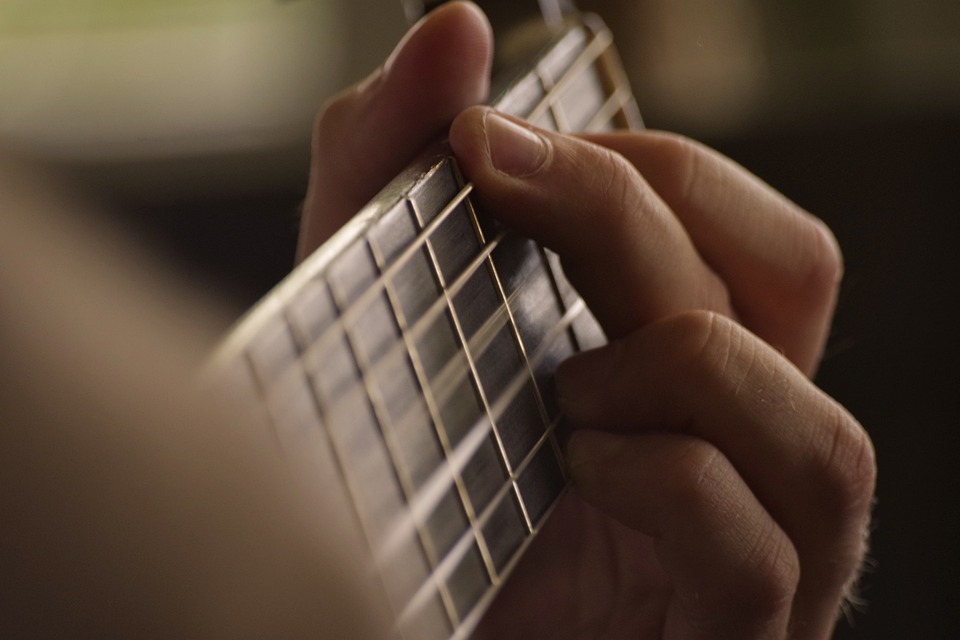
Why Learning Guitar at 30 is Worth It
Learning to play the guitar is a popular pastime, and despite common misconceptions, it’s never too late to start. Many people believe that picking up a new skill, such as learning to play an instrument, is something best suited for the young. However, the truth is that there are numerous benefits to learning the guitar at any age, including the age of 30.
Benefits of Learning Guitar at 30
1. Patience and discipline
As we age, we develop more patience and discipline. By the age of 30, most people have developed a level of discipline and commitment that allows them to pursue new hobbies with determination and focus. Learning the guitar requires daily practice and commitment, and adults in their 30s are well-equipped to handle the rigors of learning a new skill.
2. Career and stress relief
Many people in their 30s are in the midst of their careers and may experience high levels of stress. Learning to play the guitar can offer a much-needed creative outlet and stress relief. It can also provide a sense of purpose outside of work, leading to a more balanced and fulfilled life.
3. Cognitive benefits
Learning the guitar at 30 can provide a host of cognitive benefits. Research has shown that learning an instrument can improve memory, enhance concentration, and even increase IQ. These cognitive benefits can be especially valuable as we age, helping to keep the mind sharp and engaged.
4. Social connections
Playing the guitar can be a social activity, providing opportunities to connect with others who share similar interests. Whether through group lessons, jam sessions, or joining a band, learning the guitar can lead to new friendships and a sense of community. This can be especially valuable for adults in their 30s who may be seeking new social connections outside of their usual circles.
Challenges of Learning Guitar at 30
1. Time constraints
One of the main challenges of learning the guitar at 30 is the time constraints that come with adult responsibilities such as work, family, and other commitments. Finding the time for daily practice can be difficult, but with proper time management and prioritization, it is possible to carve out time for learning the guitar.
2. Physical limitations
As we age, we may experience physical limitations that can affect our ability to learn the guitar. For example, arthritis or hand injuries may make it more challenging to develop the dexterity and strength required for playing the instrument. However, with proper technique and exercises, it is possible to overcome these limitations and still enjoy the benefits of learning the guitar at 30.
Tips for Success
1. Set realistic goals
When learning to play the guitar at 30, it’s important to set realistic goals for yourself. Start with achievable milestones, such as learning a specific song or mastering a particular chord progression. Setting realistic goals can help keep you motivated and on track with your learning.
2. Be patient with yourself
Learning to play the guitar takes time and practice, so it’s important to be patient with yourself. It’s normal to experience frustration and setbacks along the way, but with perseverance and dedication, you can overcome these challenges and continue to progress.
3. Seek out support
Don’t be afraid to seek out support from friends, family, or a guitar teacher. Having a support system in place can provide encouragement and motivation as you embark on your guitar learning journey.
4. Enjoy the process
Above all, it’s important to enjoy the process of learning to play the guitar. Don’t get too caught up in reaching specific milestones or comparing yourself to others. Embrace the joy of making music and the sense of accomplishment that comes with mastering new skills.
Conclusion
In conclusion, age should not be a deterrent when it comes to learning to play the guitar. There are numerous benefits to starting your guitar journey at the age of 30, including improved cognitive function, stress relief, and social connections. While there may be challenges to overcome, with the right mindset and support, it is possible to learn and enjoy playing the guitar at any age. So, if you’re in your 30s and have always wanted to learn the guitar, don’t let age hold you back. Embrace the journey and reap the many rewards that come with learning this timeless instrument.
[ad_2]
